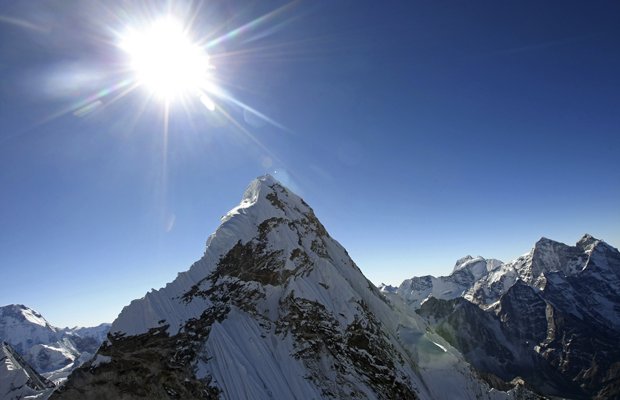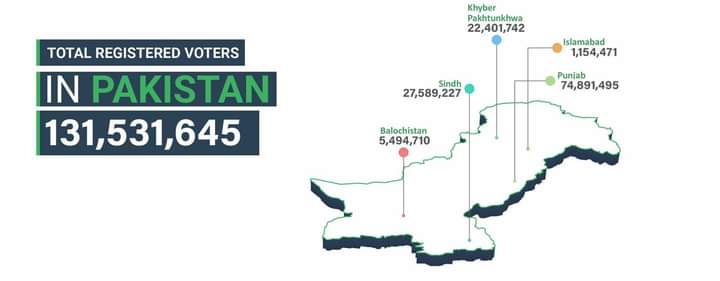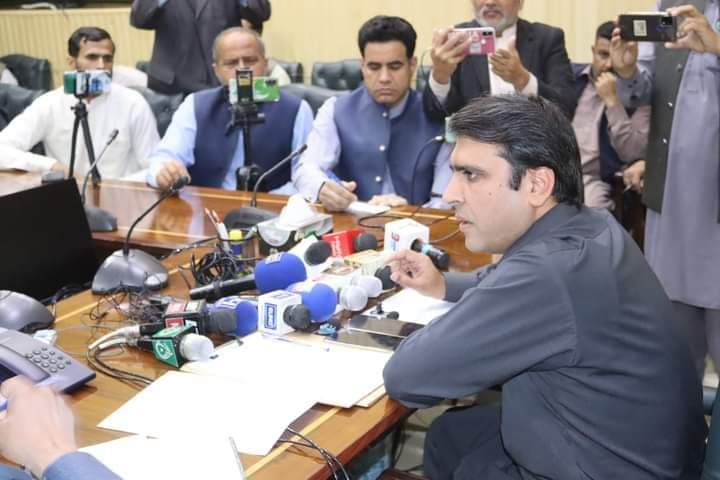2m face Glacial flooding in Pakistan,In northern Pakistan such moraine-dammed lakes are linked to comparatively few GLOFs

HUNZA:Fifteen million people worldwide are at risk of glacial lake flooding, with two million of them in Pakistan, according to a February study published in scientific journal Nature Communications.
From 2018 to 2021, about 14 GLOFs occurred in Pakistan, but that spiked to 75 in 2022, according to UNDP.
With the UN’s COP28 climate summit is in progress in Dubai, pressure is ramping up on wealthy countries to fulfil promises to help developing nations. The Green Climate Fund said in October it had raised $9.3 billion, short of its $10 billion target.
Wealthy nations are set to meet a broader $100-billion climate finance pledge to developing countries this year, three years late and short of the actual needs, estimated by the UN at over $200 billion annually by 2030.
the International Centre for Integrated Mountain Development (ICIMOD) said changes driven by global warming to glaciers in the Hindu Kush Himalayan region are “largely irreversible”. The region has over 200 glacial lakes considered dangerous.
Darkut village, also part of GLOF II, sits surrounded by mountains and glaciers above verdant plains where yaks graze. At the bottom of nearby Darkut Glacier lies a deep turquoise lake.
“Until 1978 … this whole place was a glacier, the pool of water came later,” said 75-year-old Musafir Khan, pointing at the lake that formed as the glacier receded. Unlike the ice-dammed lake at Shisper, Darkut is formed in the soil and rock landscape left by a receding glacier.
In northern Pakistan, such moraine-dammed lakes are linked to comparatively few GLOFs, according to ICIMOD researcher Sher Muhammad, but in other parts of mountainous Asia they have been associated with higher casualty rates than ice-dammed lakes.
The risks of both types of lakes may increase, Muhammad said.
Muhammad Yasin, an environmental sciences graduate researcher at Karakorum International University, is studying the extent to which Darkut glacier is melting. “We have (told) the community that risk factors exist in
this lake, you should be aware of this,” he said.
Many families have left over the years after previous flash floods, said Khan, who was born in the remote village, but hundreds rebuilt nearby. Reuters



